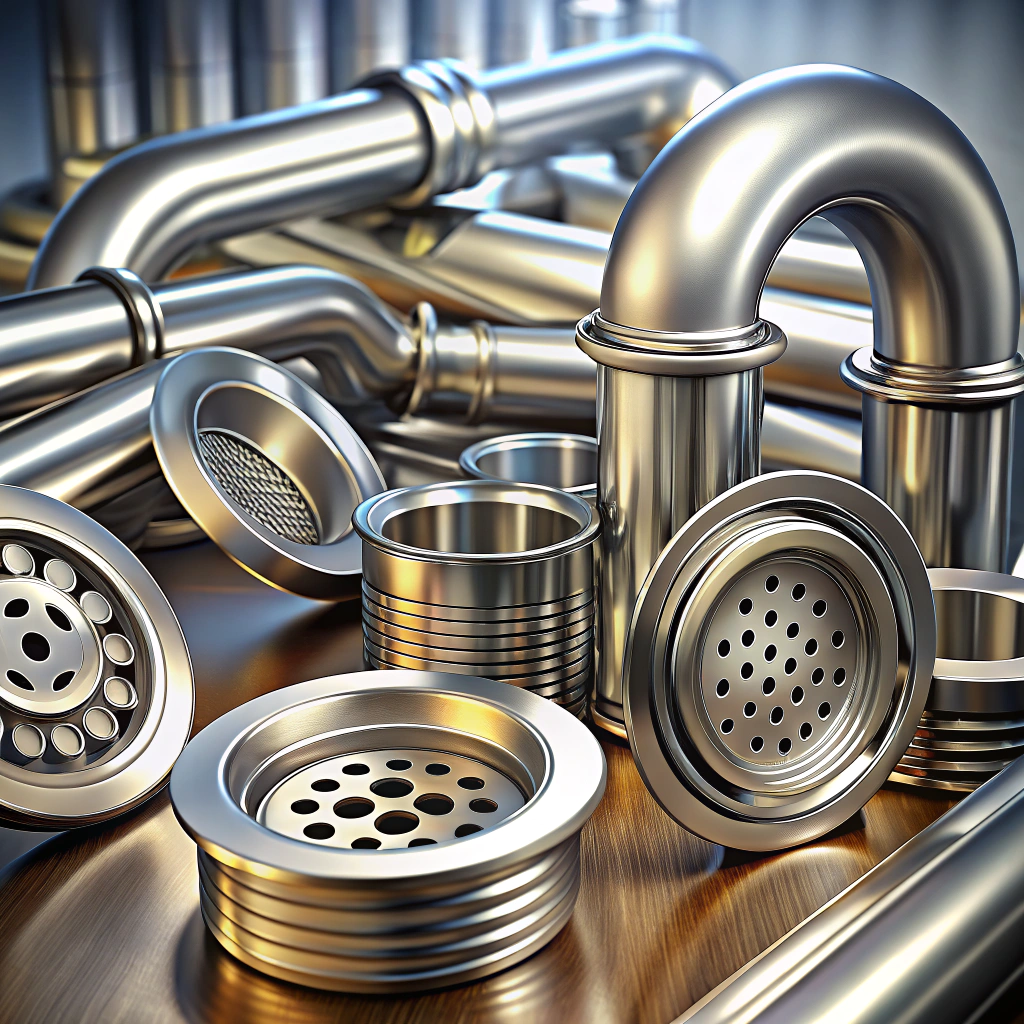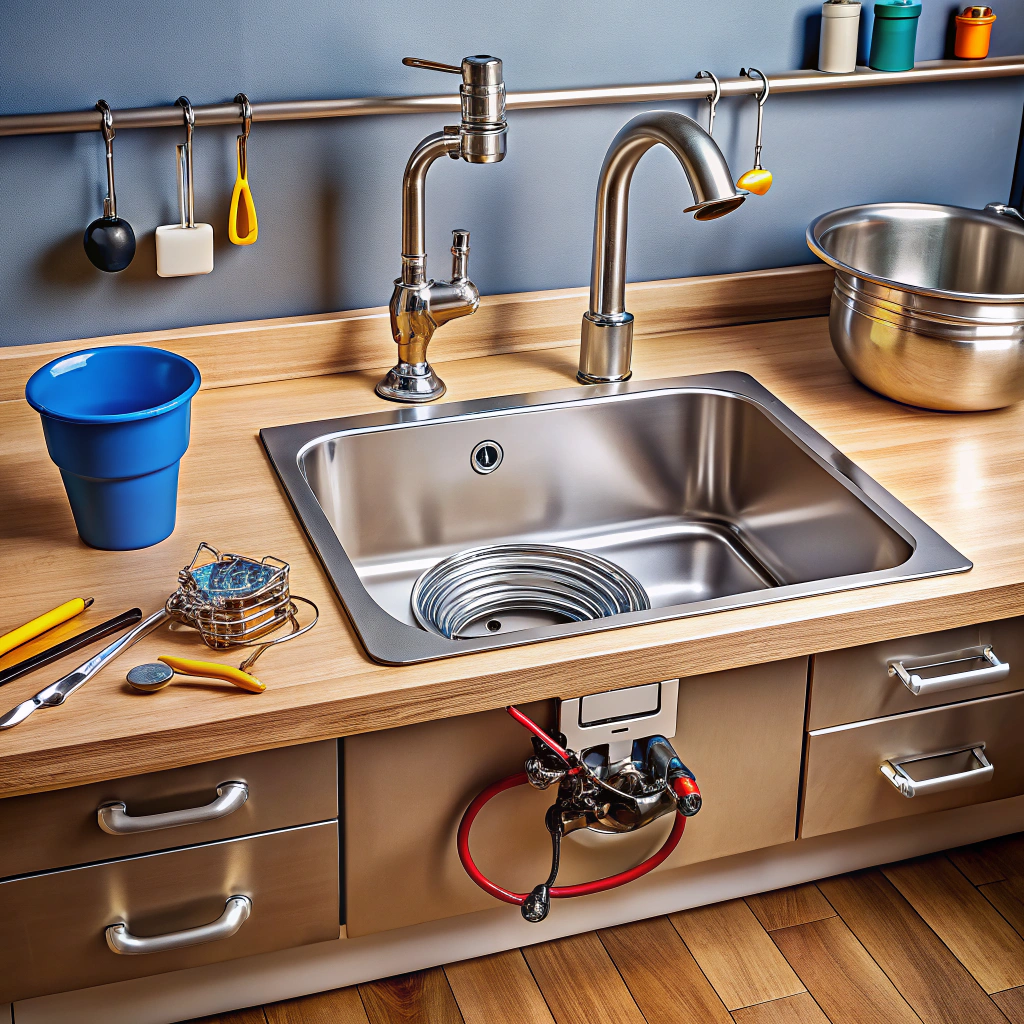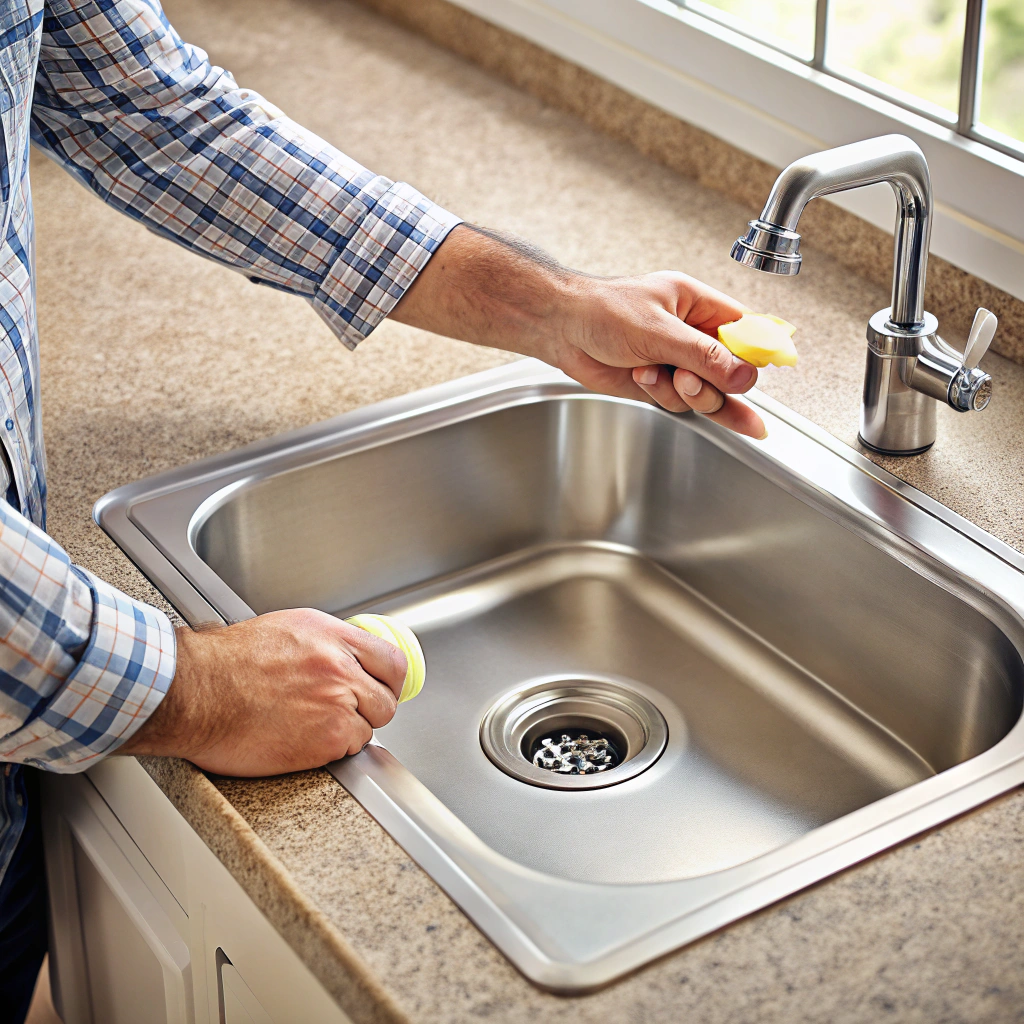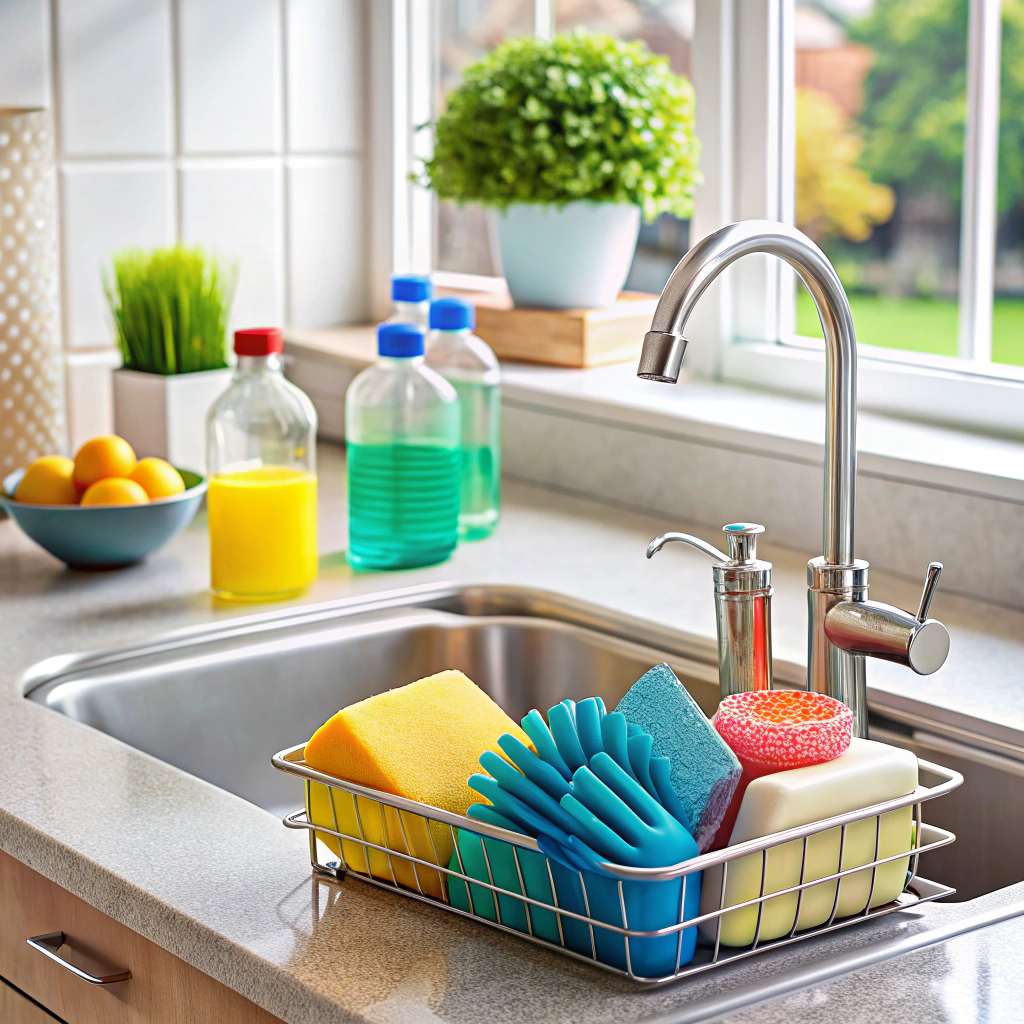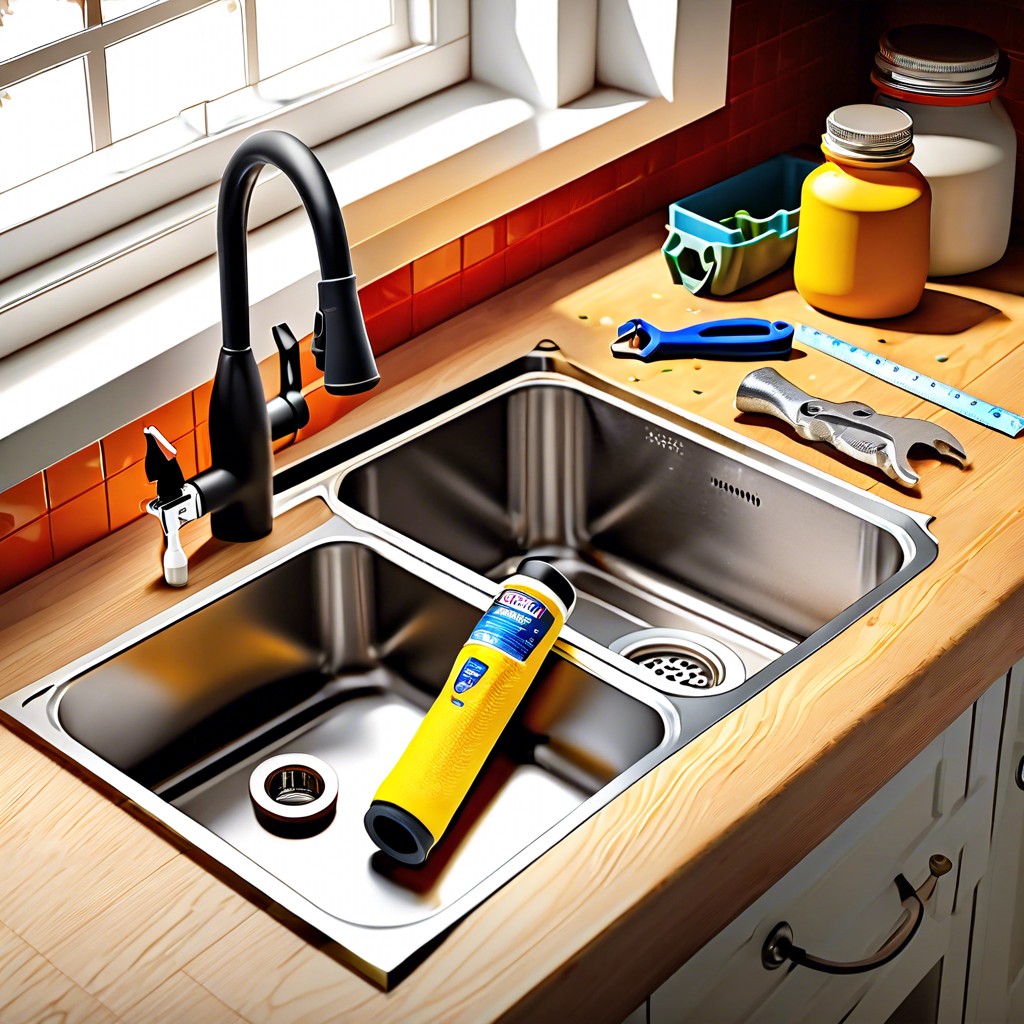Last updated on
Learn how to use baking soda and vinegar to effectively clear your drains.
Key takeaways:
- Baking soda and vinegar effectively clear drains.
- Common culprits for clogged drains are hair, soap residue, and grease.
- Pour baking soda, vinegar, and hot water to unclog drains naturally.
- Materials needed: baking soda, vinegar, hot water, measuring tools.
- Regular maintenance prevents clogs, avoid dumping fibrous materials.
What's Inside
Why Drains Get Clogged
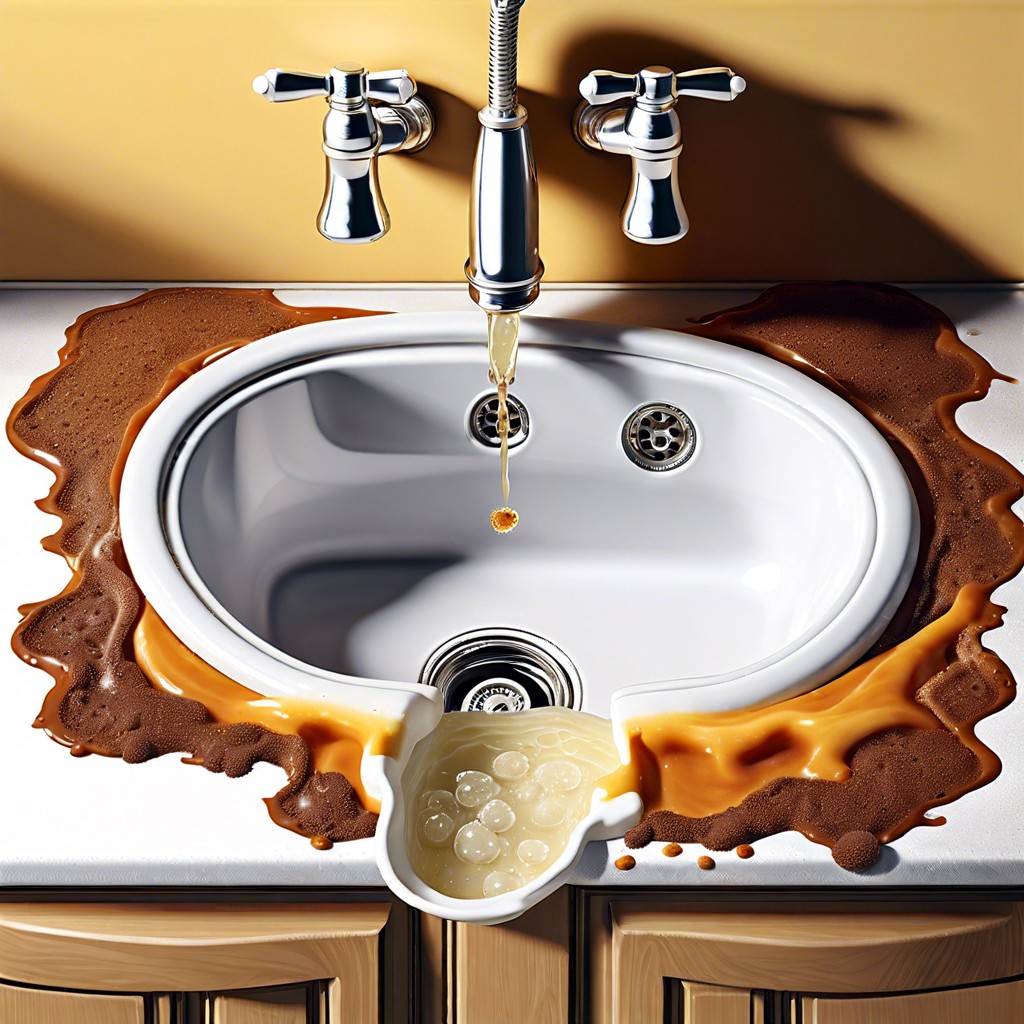
Hair, soap residue, and grease are the usual suspects behind most bathroom and kitchen drain clogs. These materials stick to the pipe walls, gradually building up and restricting water flow. In kitchens, hardened oils and food particles add to the problem, especially when hot grease cools down inside the pipes. Bathroom drains suffer from a similar fate, compounded by hair and product buildup from soaps, shampoos, and conditioners. Over time, what begins as a slow drain can lead to completely blocked pipes if not addressed promptly. Additionally, less obvious culprits like sediment build-up or small objects accidentally washed down the drain can also disrupt water flow. Understanding these common causes helps in effectively tackling and preventing future clogs.
How to Unclog a Drain With Baking Soda and Vinegar
First, gather half a cup of baking soda and one cup of vinegar. These common kitchen ingredients will be the heroes of the day. Also, grab a pot to boil water, as hot water helps in the final flush.
Start by pouring the baking soda directly into the drain. Be generous, ensuring it coats the inside. This not only absorbs foul odors but also starts loosening the grime.
Next, add the vinegar. Watch the fizz – that’s chemistry at work! This reaction breaks down the gunk built up in your pipes. Let this sit for an hour. This waiting allows the mixture to penetrate deeper clogs.
To finish, boil a kettle of water and pour it down the drain. This flushes out the loosened debris, leaving your drain clear and fresh-smelling.
This simple fix uses natural ingredients and avoids harsh chemicals. Plus, it’s cost-effective and gentle on your pipes.
Materials Needed
Gathering the right materials is the first step to success. You will need:
- Baking soda: This common kitchen staple breaks down organic materials lodged in your pipes.
- Vinegar: When combined with baking soda, vinegar causes a fizzing action that helps dislodge clogs.
- Hot water: Running hot water after applying the mixture flushes away the loosened debris.
- Measuring tools: These help in accurately combining the right amounts of baking soda and vinegar.
- A funnel (optional): A funnel can make it easier to pour the baking soda directly into the drain.
With these simple materials in hand, you’re well-prepared to tackle that clogged drain.
Instructions
Start by removing any standing water from the sink or tub. Pour one cup of baking soda directly into the drain. Follow this with one cup of white vinegar. The combination will fizz up, helping to break down the gunk and grime.
Wait for about 15 minutes as the mixture does its magic. Meanwhile, boil a kettle of water. After the wait, flush the drain with the boiling water. The heat helps to dissolve any remnants of the blockage.
Repeat if necessary. For tougher clogs, a second round might be required to completely clear the drain.
How to Keep Your Sink Drain Clean and Prevent Clogs
Regular maintenance is key to keeping your sink drain in tip-top shape. Pouring hot water down the drain weekly helps dissolve greases and oils that can build up over time. For a bit of extra cleaning power, mix a little dish soap into the hot water before you pour.
It’s wise to avoid dumping coffee grounds, eggshells, and other fibrous materials into the drain. They tend to accumulate rather than flush away, leading to blockages. Invest in a good-quality drain strainer; it catches debris that can clog pipes and is easy to clean.
Once a month, consider a proactive cleaning using baking soda and vinegar. This natural duo foams up and helps remove lingering debris in your pipes. After the fizzy reaction, flushing with more hot water ensures everything is swept cleanly away.
